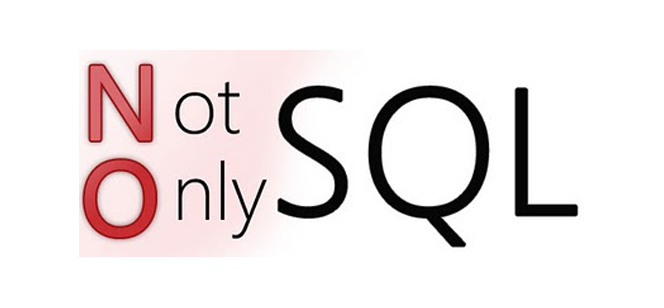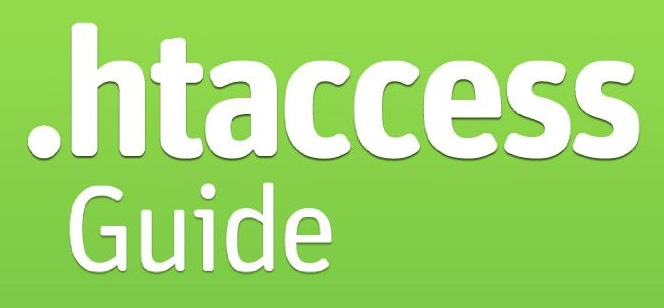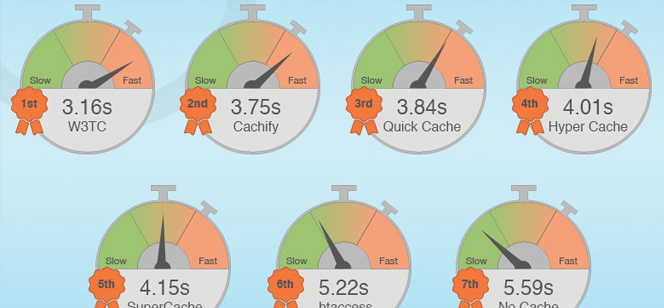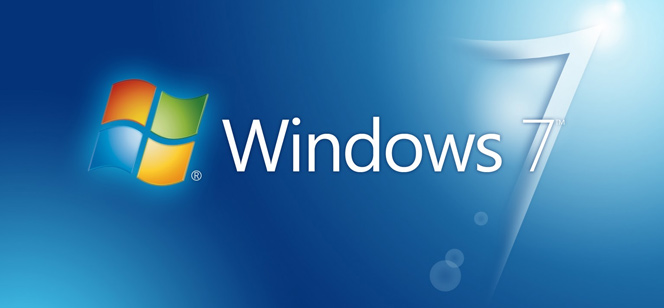Many frustrated business owners will use Google Ads who will ask “Why is my campaign not working”. Having analysed the data, it will often become clear that the click through rate (CTR) is very low. A digital agency such as www.tribecamedia.com.au will inform you that this indicates when people see the ad they are not convinced, inspired, or motivated enough to click on it to be taken to the advertiser’s website or landing page.
The main reason for low CTR is that the copy within the ad is poor. An ad’s copy is what induces the person reading it to click on it, and if it is not sufficiently appealing, then even if the text is related to the keyword the person searched for, they might read the ad, but instead of clicking it they will read the next ad, and if the copy there is good, they will most likely click on it.
Google Ads copywriting is often overlooked by some as the amount of text in an ad is no more than 30 characters per line for headlines and 90 characters per line for the description. However, it is exactly for that reason that your copywriting on each ad must be exceptional. Here are some ways you can achieve that.


 So everybody’s supposed to be very excited about this new
So everybody’s supposed to be very excited about this new 





